The Untouchable
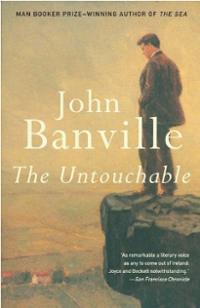 The Untouchable by John Banville (1997). Loosely based on the life of Cambridge spy Anthony F. Blunt, the novel opens in 1979, when seventy-two-year-old Vic Maskell’s crimes have been publicly exposed. As the world recognizes that this art curator was not who he seemed, Vic probes his past—vividly bringing to life his co-conspirators and the city of Cambridge—to determine his accuser’s identity.
The Untouchable by John Banville (1997). Loosely based on the life of Cambridge spy Anthony F. Blunt, the novel opens in 1979, when seventy-two-year-old Vic Maskell’s crimes have been publicly exposed. As the world recognizes that this art curator was not who he seemed, Vic probes his past—vividly bringing to life his co-conspirators and the city of Cambridge—to determine his accuser’s identity.
 The Trial
The Trial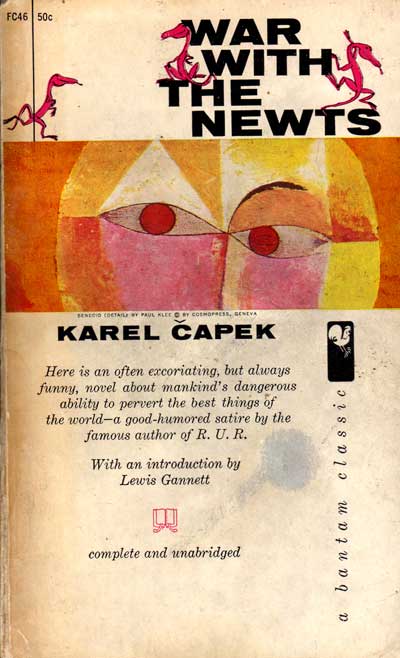 The War with the Newts
The War with the Newts The Waves
The Waves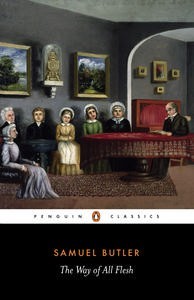 The Way of All Flesh
The Way of All Flesh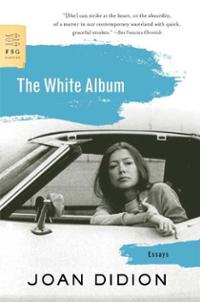 The White Album
The White Album The Widow's Children
The Widow's Children The Wind-Up Bird Chronicle
The Wind-Up Bird Chronicle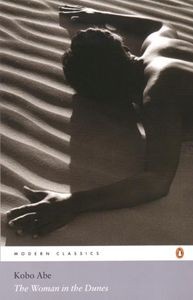 The Woman in the Dunes
The Woman in the Dunes